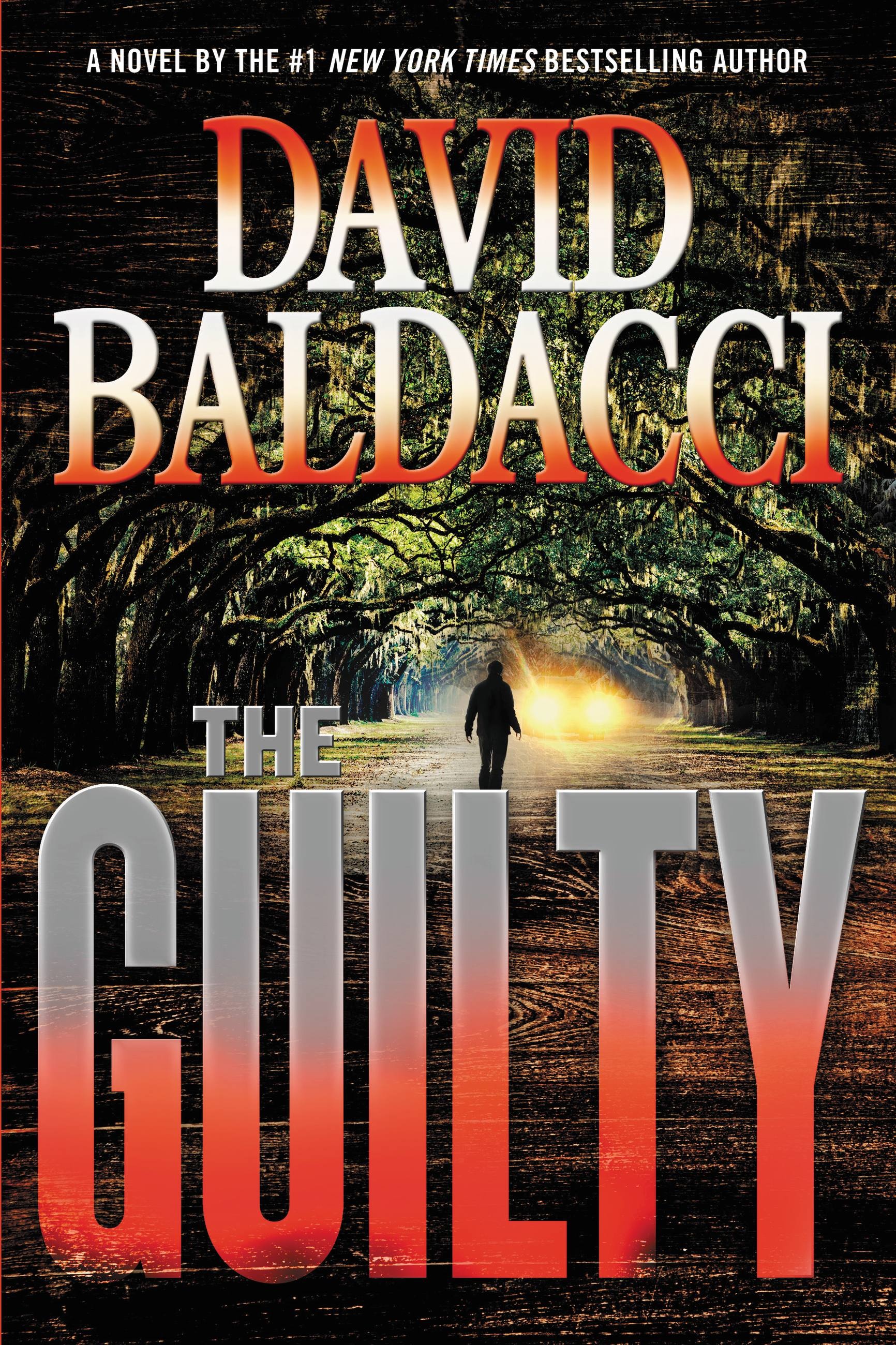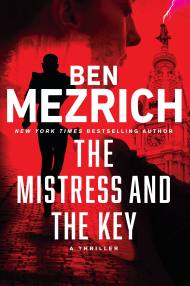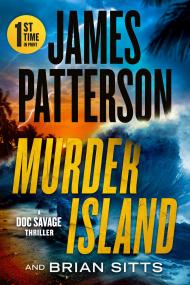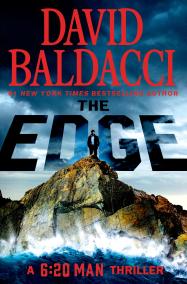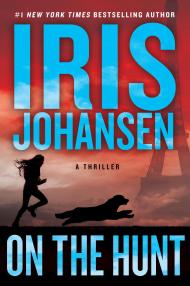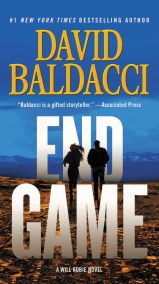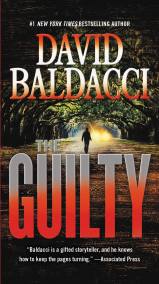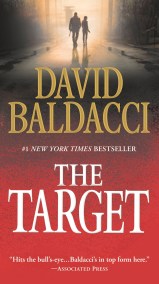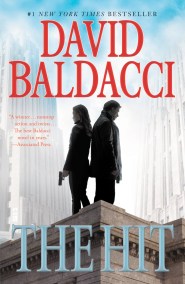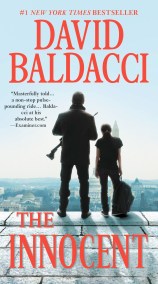Promotion
Sign up for our newsletters save 20% off your next purchase. Shop now.
The Guilty
Contributors
Formats and Prices
Price
$41.00Price
$52.00 CADFormat
Format:
- Hardcover $41.00 $52.00 CAD
- ebook $10.99 $13.99 CAD
- Hardcover (Large Print) $50.00 $63.00 CAD
- Audiobook Download (Abridged) $32.99 CAD
- Audiobook Download (Unabridged)
- Trade Paperback $10.99 $14.99 CAD
- Trade Paperback $18.99 $23.99 CAD
- Audiobook CD (Abridged) $30.00 $33.00 CAD
- Audiobook CD (Unabridged) $40.00 $44.00 CAD
- Audiobook CD (Abridged) $15.00 $17.00 CAD
This item is a preorder. Your payment method will be charged immediately, and the product is expected to ship on or around November 17, 2015. This date is subject to change due to shipping delays beyond our control.
Also available from:
After failing a critical assignment overseas, Will Robie must investigate a murder accusation against his father–but to save him, he’ll have to face a violent and deadly fallout in this New York Times bestselling thriller.
Will Robie escaped his small Gulf Coast hometown of Cantrell, Mississippi after high school, severing all personal ties, and never looked back. Not until the unimaginable occurs. His father, Dan Robie, has been arrested and charged with murder.
Father and son haven’t spoken or seen each other since the day Robie left town. In that time, Dan Robie–a local attorney and pillar of the community–has been elected town judge. Despite this, most of Cantrell is aligned against Dan. His guilt is assumed.
To make matters worse, Dan has refused to do anything to defend himself. When Robie tries to help, his father responds only with anger and defiance. Could Dan really be guilty?
With the equally formidable Jessica Reel at his side, Robie ignores his father’s wishes and begins his own desperate investigation into the case. But Robie is now a stranger to his hometown, an outsider, a man who has forsaken his past and his family. His attempts to save his father are met with distrust and skepticism…and violence.
Unlike the missions Robie undertook in the service of his country, where his target was clearly defined, digging into his father’s case only reveals more questions. Robie is drawn into the hidden underside of Cantrell, where he must face the unexpected and possibly deadly consequences of the long-ago choices made by father and son. And this time, there may be no escape for either of them.
Will Robie escaped his small Gulf Coast hometown of Cantrell, Mississippi after high school, severing all personal ties, and never looked back. Not until the unimaginable occurs. His father, Dan Robie, has been arrested and charged with murder.
Father and son haven’t spoken or seen each other since the day Robie left town. In that time, Dan Robie–a local attorney and pillar of the community–has been elected town judge. Despite this, most of Cantrell is aligned against Dan. His guilt is assumed.
To make matters worse, Dan has refused to do anything to defend himself. When Robie tries to help, his father responds only with anger and defiance. Could Dan really be guilty?
With the equally formidable Jessica Reel at his side, Robie ignores his father’s wishes and begins his own desperate investigation into the case. But Robie is now a stranger to his hometown, an outsider, a man who has forsaken his past and his family. His attempts to save his father are met with distrust and skepticism…and violence.
Unlike the missions Robie undertook in the service of his country, where his target was clearly defined, digging into his father’s case only reveals more questions. Robie is drawn into the hidden underside of Cantrell, where he must face the unexpected and possibly deadly consequences of the long-ago choices made by father and son. And this time, there may be no escape for either of them.
Series:
- On Sale
- Nov 17, 2015
- Page Count
- 432 pages
- Publisher
- Grand Central Publishing
- ISBN-13
- 9781455586424
By clicking 'Sign Up,' I acknowledge that I have read and agree to Hachette Book Group’s Privacy Policy and Terms of Use

